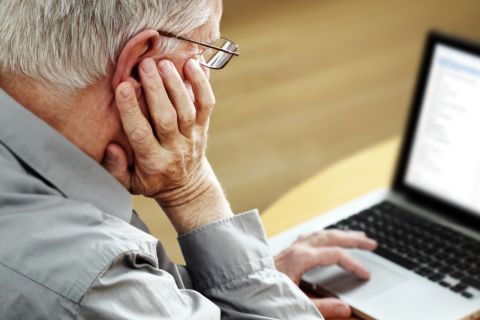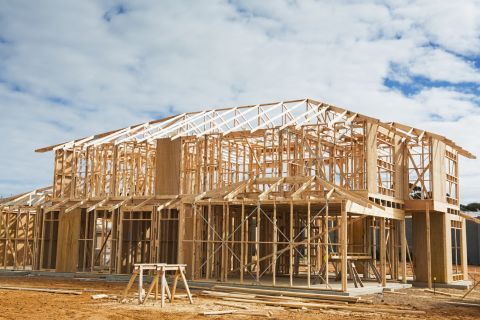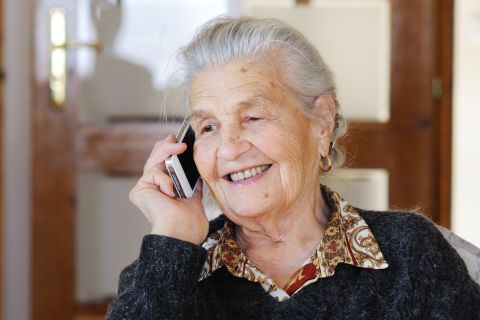Keep walking into 2024
If you want to enhance the health benefits of walking, you need to know that some ways of doing it are better than others.

A report by the Australian Institute of Health and Welfare (AIHW) says just 15 extra minutes of brisk walking per person, five days a week, reduces “disease burden due to physical inactivity” in the population by about 13%.
Disease burden is basically the years of healthy life lost when you live with an illness or injury or die prematurely.
Diseases linked to physical inactivity include coronary heart disease, diabetes, bowel cancer, breast cancer, uterine cancer, dementia, and stroke.
“If the extra activity rose to 30 minutes, the burden could be reduced by 26%,” says AIHW spokesperson Michelle Gourley.
The Heart Foundation’s national chief executive officer, Adjunct Professor John Kelly, says many people underestimate the effects of physical inactivity on themselves, their loved ones, and the health system.
“Walking is hugely underrated as a powerful prescription for good health and this latest research shows how beneficial it can be in lowering your risk of heart disease,” he said.
The Times recently reported if there was one thing we should all be doing in 2024 to better our health it is walking with greater intent.
Yes, it seems there’s a good way to walk and a bad way. Walk in the right way and it can blast anxiety, reduce back pain, strengthen muscles and bones, enhance flexibility and prolong your life.
“It’s as effective as any gym class and it costs nothing beyond the investment of a good pair of walking shoes. There is so much we can achieve by switching up our daily walk,” Dalton Wong, the founder of TwentyTwo Training in the UK told The Times. “Even the tiniest tweaks and changes can bring about dramatic mental and physical boosts alongside more enjoyment of the activity.”
- Nasal breathing as you walk. If you breathe through your nose rather than your mouth, it allows more time for oxygen to circulate in the bloodstream and this decreases stress.
- Walk in silence sometimes. Listening to music or a podcast is a great way to multitask and distract yourself from how hard you are working but exercising quietly at least once a week helps you reconnect your mind and body.
- Wear weights to strengthen muscles and bones. Research confirms that as we get older, we lose muscle and strength. Try using a weighted vest when you walk. You can also do so around the house and on walks to add muscle and bone-building resistance to daily activity. David Beckham and the Facebook founder Mark Zuckerberg have been spotted wearing them, apparently.
- Intermittent power walking. A walk that breaks a sweat is better than a gentle stroll. Even intermittent bursts of speed can transform a walk into an age-defying and health-boosting activity. Research found an average walking speed of 3-4.8km/h was associated with a 15% lower risk of type 2 diabetes compared with a leisurely 3km/h, or about 60 steps per minute, regardless of distance covered. Brisk walkers have up to 20 years’ greater life expectancy than slow walkers and, in one study of 405,981 UK adults, faster walking was associated with slowing down biological ageing. Try walking 10 minutes easy, 10 minutes medium, and 10 minutes faster, extending the faster-paced sections as you get fitter.
- Walking backwards works your hamstrings and challenges the brain by testing your spatial awareness and balance. It also uses different muscles to forward walking. It takes some getting used to, but there is plenty of evidence it is beneficial.
Related reading: Health Direct 1, Health Direct 2, The Australian





